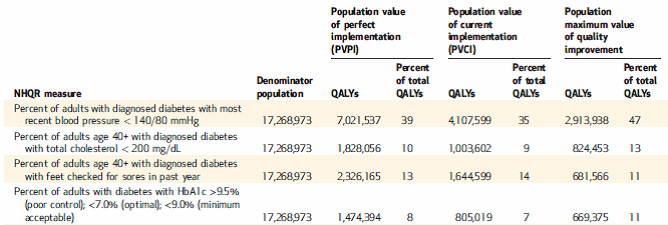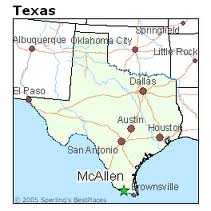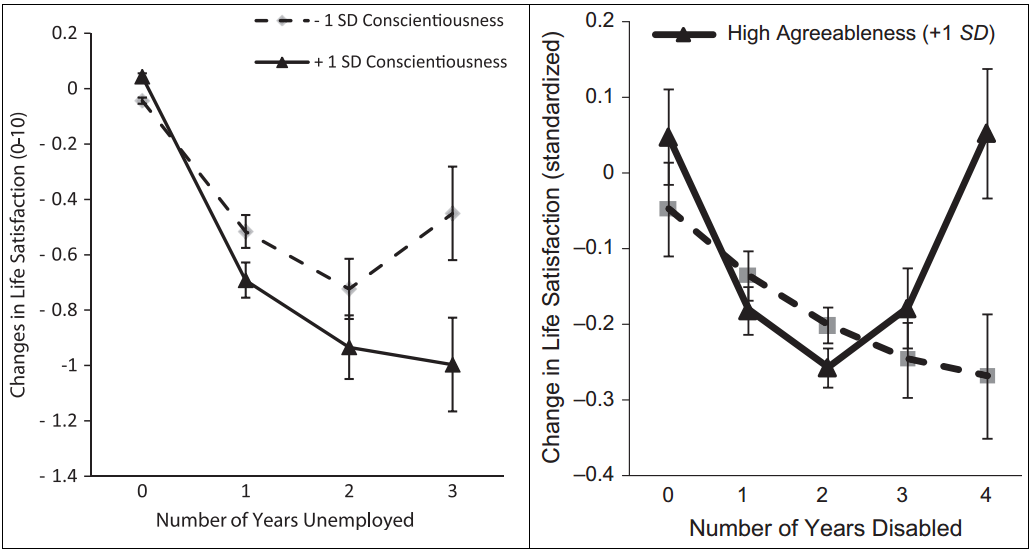“If we can understand autism, we can understand the brain.”
Nobel Laureate Eric Kandel
(Click here to view comments)

“If we can understand autism, we can understand the brain.”
Nobel Laureate Eric Kandel
(Click here to view comments)
I teach an undergraduate health policy class at Duke University. Recently, my students asked me whether states potentially hurt themselves by offering generous health care benefits when neighboring states don’t offer such benefits. Then I got home and pulled out a recent issue of Health Affairs, and read the results of a study suggesting that this problem is, at least in the short term, pretty limited. The researchers looked at four states that had recently expanded their Medicaid programs – Arizona, Maine, Massachusetts and New York. They tested whether low income people from neighboring states moved into these generous states more often than low income people in those generous states moved out – in other words whether in-migration exceeded out-migration…(Read more and view comments at Forbes)
Measuring healthcare quality has become a veritable cottage industry. Quality measures are proliferating so quickly that the Department of Health and Human Services has created a, and I’m not making this up, “Quality Measures Clearinghouse”. At last count, it included more than 2100 such measures.
When it comes to health care quality, if you measure everything, you measure nothing. After all, the point of such measures is to provide data which can be used to track healthcare quality, and perhaps even incentivize hospitals to improve quality. If hospitals are graded on too wide an array of measures, they won’t know what to focus their attention on to improve their quality.
David Meltzer and Jeanette Chung published an article in Health Affairs this January, with a framework for how to prioritize quality measures, to focus on the ones that have the biggest impact on health. They use a measure of health benefits that health economists call a quality adjusted life year or QALY. They looked at the amount of benefit that the population would receive if the quality of healthcare improved from current standards to perfect quality, and did so across 13 health quality measures. They found that measuring some aspects of healthcare quality would have little impact on overall health. For example, a hospital could be assessed to see whether people with congestive heart failure are given certain types of medications when they leave the hospital – medicines like Ace inhibitors. Across the 13 measures, however, improving performance on this particular measure would have contributed only 0.2% of the total improvement in overall health. In other words, not much point in measuring this since patients won’t benefit very much.
By contrast, 4 of the measures, if they led to improvements in health care delivery, would have contributed 82% of the total benefits. Here is a partial reproduction of a table from their article, showing what these four measures are, and just how much patients would stand to benefit from them:

This is an important kind of analysis. We need to focus our quality improvement efforts on those areas of medical care where patients stand to gain the most if we improve the quality of that care.
(Click here to view comments)
 Students at Duke University and UNC Chapel Hill just put together a very thoughtful proposal on how the state of North Carolina could expand its Medicaid program, while still promoting the private insurance market. Here’s a link to a wonderful story, that highlights their efforts and shows, I think convincingly, that the students are taking this topic more seriously than many of our elected officials:
Students at Duke University and UNC Chapel Hill just put together a very thoughtful proposal on how the state of North Carolina could expand its Medicaid program, while still promoting the private insurance market. Here’s a link to a wonderful story, that highlights their efforts and shows, I think convincingly, that the students are taking this topic more seriously than many of our elected officials:
No, I’m not overstating the case. This year, the NC Department of Health and Human Services has hired a $250/hr Medicaid consultant, paid a $210,000 annual salary to a former Louisiana Medicaid director who stayed in NC less than a year, and hired a guy a year out of college for $85,000 a year to be chief spokesperson. Governor McCrory, DHHS Secretary Wos – I have a message for you: Save our taxpayers some serious money and look a little closer to home for your expertise. For instance, take the graduate programs in public policy at Duke and UNC-Chapel Hill.
This week students on the Duke-UNC Student Medicaid Reform Team released a comprehensive, detailed, thoughtful, realistic and highly impressive report on Medicaid Reform in North Carolina. Titled “A New Health Reform Framework For North Carolina” the 66 page document sets out a plan for NC Medicaid that uses both private health insurers and the current public program to expand coverage, recommends concrete ways to better integrate mental health services and contains detailed estimates of costs and benefits of the proposed changes. It short, the student team directly and comprehensively responds to the charge given to the DHHS Medicaid Reform Commission…(Click here to read more)
 In a very influential 2009 New Yorker essay, Atul Gawande described why health care spending is rampant in McAllen, Texas, an example of the regional variations in healthcare utilization that policy experts at Dartmouth have been studying for years. Indeed, this research has shown much higher spending in places like McAllen, compared to cities like Salem, Oregon, where healthcare costs have not only been historically lower for a couple decades now, but have also grown at slower rates in the ensuing decades.
In a very influential 2009 New Yorker essay, Atul Gawande described why health care spending is rampant in McAllen, Texas, an example of the regional variations in healthcare utilization that policy experts at Dartmouth have been studying for years. Indeed, this research has shown much higher spending in places like McAllen, compared to cities like Salem, Oregon, where healthcare costs have not only been historically lower for a couple decades now, but have also grown at slower rates in the ensuing decades.
Late in 2012, Louise Sheiner from the Federal Reserve Board conducted a series of analyses that raised major questions about this whole line of research. Consider the following table, which shows how much of the difference in spending across states in the US “go away” once we adjust for not only the age and wealth of the population, but also the obesity rate, the likelihood that people lack health insurance, and the percent of the population that is African-American… (Read more and view comments at Forbes)
People often show an amazing ability to emotionally recover from difficult circumstances. I devoted my second book, You’re Stronger Than You Think, to this topic. Now comes some really cool research, showing that people’s ability to bounce back from adversity depends, not all that surprisingly, on their underlying personality traits.
 Although this result is not unexpected, it is a powerful example of the uncontrollable psychological forces that shape our lives. Unfortunately, when bad things happen to people, not everybody is inherently resilient.
Although this result is not unexpected, it is a powerful example of the uncontrollable psychological forces that shape our lives. Unfortunately, when bad things happen to people, not everybody is inherently resilient.